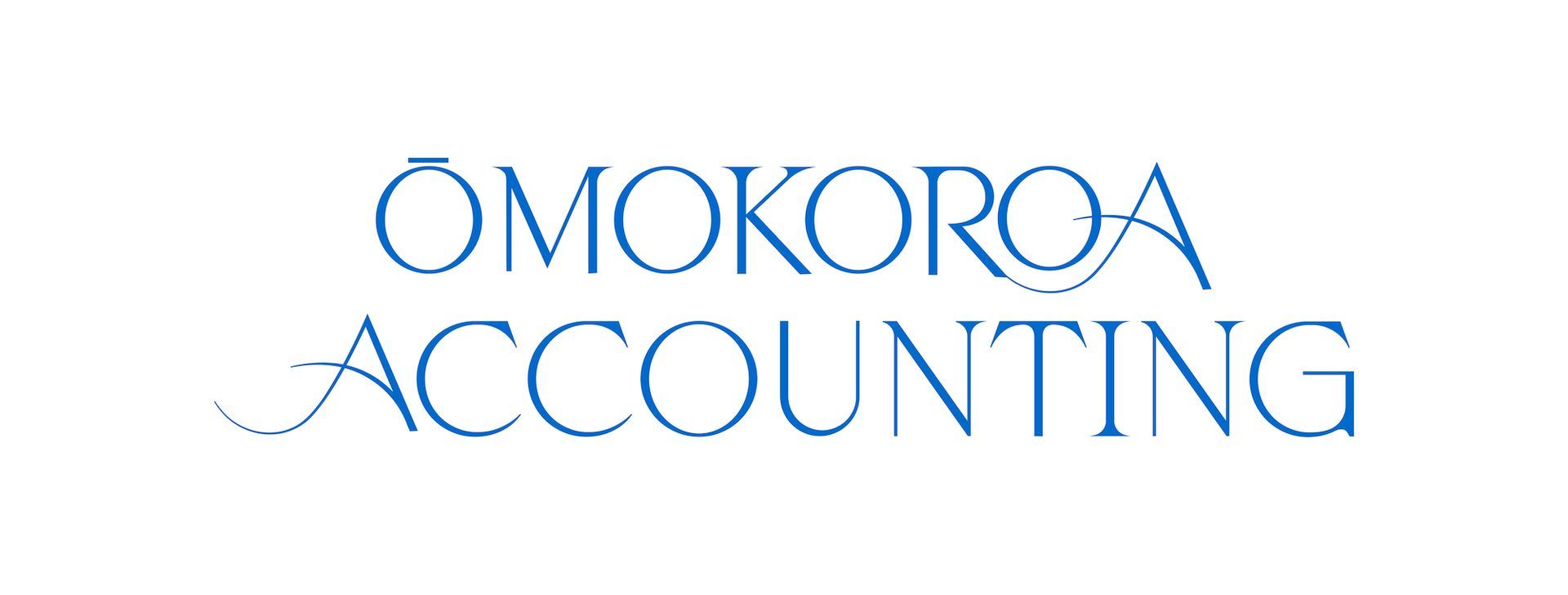The Perks of Tax Pooling
Keeping a lump of cash aside to pay provisional tax on your Inland Revenue due dates can be challenging for any business, especially if you have cashflow issues. For some companies and sole traders, tax pooling is the perfect solution.
What’s tax pooling?
Being part of a tax pool provides more flexibility on when you pay provisional tax to Inland Revenue, rather than being tied to the IRD’s deadlines.
How It Works
IRD-approved intermediaries such as TMNZ or Tax Traders transfer money to Inland Revenue on your behalf. Once the pool has made the payment to IRD, it is considered “tax paid”.
All you have to do is keep up with your payments to the pool or purchase tax payments with a finance charge. Tax pools provide flexibility, allowing you to overpay when you have more money and provide breathing room when budgets are tight. Overpayers help other businesses in the pool that need more time to make their payments.
The pros of tax pooling
- You’ll avoid IRD’s penalty charges and use of money interest (UOMI) charges for late payments as the pool will always make time-stamped payments for you.
- If you haven’t paid enough tax to meet your provisional tax liability, tax pools typically charge lower interest rates for purchasing tax payments than those charged by IRD.
- You can dip into your tax pool payments and use them as an emergency line of credit if you’re short on cash, as long as you top up the money later.
- If you take money out of the pool, you’ll be charged a lower rate of interest than those charged by the banks.
In short, tax pools can give you more control over your provisional tax obligations. Talk to us today to see if tax pooling is the right fit for you.
For personalised advice on navigating your tax situation, contact us. Our team is here to help.




